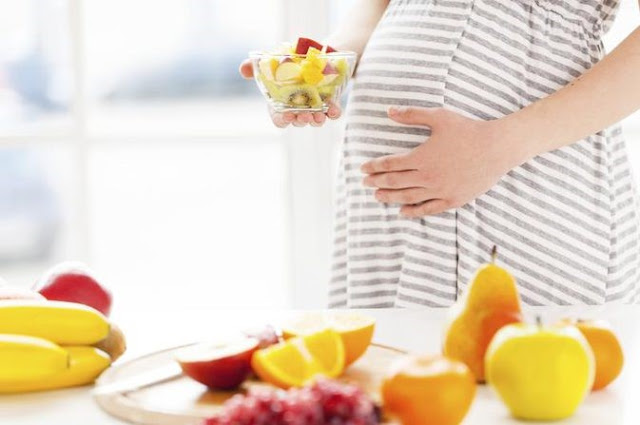Factors That Determine The Failure And Success Of IVF
When you think about IVF treatment, the biggest question raise in your mind is, will it work or not? Many couples try to get pregnant through IVF treatment, but all the process is not the same. Every IVF treatment and the process are different. Also, there are some factors that need to be kept in mind before defining the success of IVF treatment. Let us discuss the factors that determine the success and failure of IVF treatment.
Common Factors That Determine the
Failure and Success of IVF Treatment
Let us talk about some of the factors, which can be taken into
consideration while knowing about the success and failure of IVF.
Age
The biggest thing which affects the success of an IVF procedure in women
is age. With a success rate of 55-65%, IVF is considered the most effective
treatment for Indian women between the ages of 26 to 35. This is
predictable, as this is the women's age range when they are at their top of
fertility. When your age increases, the success rate decreases. It is because
the quality and quantity of eggs reduce as they grow older.
The different type of fertility
problems
IVF treatment works wonders for some couples facing a kind of common
fertility-related problems. For example, couples who face problems such as
blocked fallopian tubes, PCOS, endometriosis, low sperm count, motility, and
morphology can be easily tackled with IVF. There are other problems, such as
ovarian dysfunction, uterine abnormalities, and fibroids that are more difficult
to be overcome by simple IVF. And it requires other surgeries or donor programs.
Infertility Duration
Another major impact to control the success rate of IVF treatment is the
duration of the infertility
period. If you are not conceiving for a longer period, it lowers the
chances of successful IVF. When women get old, the chances of getting pregnant
also get difficult.
Previous pregnancy
If a couple has had a successful pregnancy in the past, it means, that
they have a better chance of successful pregnancy with IVF. If you have had
multiple miscarriages or faced other fertility issues, it is hard to make IVF a
success. A woman has a high chance of getting pregnant through ICSI/IVF if she
has been pregnant before. On the other hand, a woman who has had a miscarriage
has problems with the help of IVF.
Lifestyle
If one of the partners has bad habits, such as drinking, smoking, the
chances of getting pregnant are greatly reduced. Couples are always advised to
change their habits when they are trying to conceive or are already pregnant.
Another important lifestyle factor that is affecting the success rate of IVF is
weight. Overweight or underweight, it affects the chances of getting pregnant
than people who have a normal BMI.
Conclusion
If you have experienced problems succeeding in pregnancy and are
considering IVF treatment, we encourage you to discuss these factors to advance
your chances of success with IVF treatment. At Andal fertility clinic, our
fertility specialist, Dr. Andal Bhaskar has years of experience in helping
patients through IVF and fertility treatment. Contact us
to schedule a consultation with the best fertility doctors to share your
thoughts today.




Comments
Post a Comment